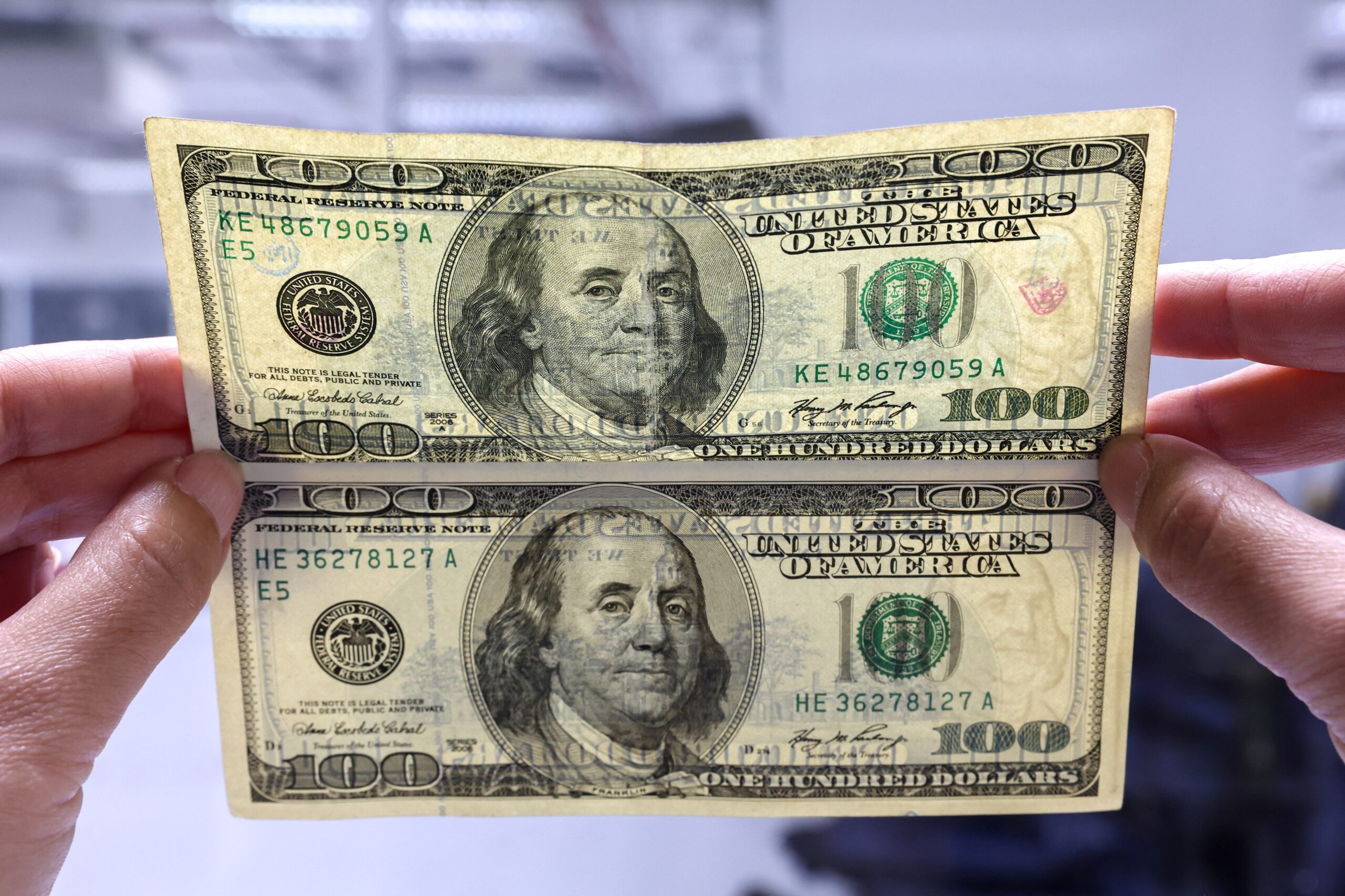Recent comments by former U.S. President Donald Trump suggest that the Russia-Ukraine war could drag on, reigniting global concerns over geopolitical risk. This has triggered volatility in international oil and gold prices, while defense stocks have defied the broader market trend and moved higher. As energy security and military spending come back into focus, investors may want to reassess their portfolios with caution. Keeping a close eye on the upcoming NATO summit and shifts in global policy will be key to navigating the evolving financial landscape.
The British pound has climbed for four straight sessions against the US dollar, bolstered by stronger-than-expected UK inflation data and a shift in market expectations around monetary policy. Sterling briefly touched 1.3430, nearing the key psychological resistance level at 1.3450. As attention turns to upcoming PMI and retail sales figures, traders are closely watching the pound’s next move.
Gold prices surged this week, hitting a high of $3,350 per ounce, driven by both strong technical momentum and supportive fundamentals. With the U.S. dollar weakening, key PMI data on the horizon, and rising geopolitical tensions, the outlook for gold remains bullish. Investors should monitor critical support and breakout levels closely and stay agile in adjusting their strategies.
After Baidu released its Q1 2025 earnings report, the stock briefly dropped to a multi-month low on the Hong Kong exchange. While growth in its AI and cloud businesses was strong, declining advertising revenue and rising R&D expenses weighed on profitability. Investor sentiment remains divided on Baidu’s long-term outlook. Moving forward, investors should closely monitor the company’s progress in AI transformation and the evolving dynamics of U.S.-China relations, both of which could significantly impact Baidu’s stock performance.
Gold Prices Climb for Third Straight Day, Break Above $3,300
Spot gold extended its rally for the third consecutive session, breaking above the $3,300 per ounce level to hit a one-week high. The weakened U.S. dollar and ongoing geopolitical tensions have pushed investors toward safe-haven assets, fueling the surge in gold prices. On the technical side, gold has held above its 20-day moving average, while stronger demand from Asia is also lending support to the upward momentum.
Markets are closely watching shifts in U.S. fiscal policy and future interest rate decisions by the Federal Reserve. In the near term, gold is likely to remain volatile but elevated. For real-time updates on gold market trends and expert investment insights, stay tuned to our website.
The U.S. dollar has fallen for three straight days, as growing concerns over America’s fiscal discipline and the Federal Reserve’s policy direction have pushed investors toward safe-haven assets like gold and the Japanese yen. Rising geopolitical tensions and the upcoming G7 summit have added to the cautious mood in currency markets, making it unlikely that short-term pressure on the dollar will ease anytime soon.




![[Daily Closing 🔔] Gold – Gold Prices Climb to New Highs on Tuesday as Weaker Dollar Boosts Safe-Haven Demand](https://24newz.ai/wp-content/uploads/2025/05/file.png)
